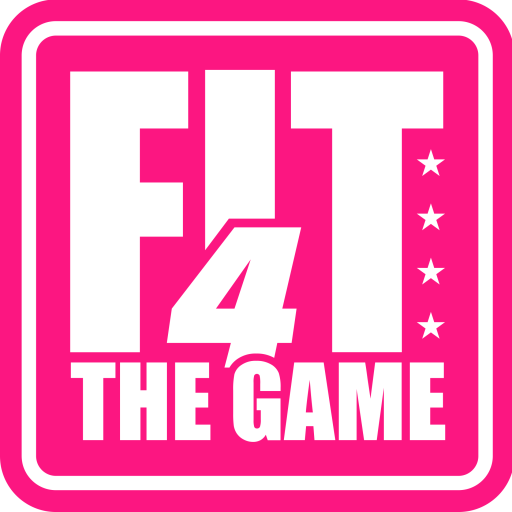Bodybuilders swear by it - proteins are the be-all and end-all. The amounts of protein that bodybuilders consume are of course wildly exaggerated, but current research confirms that proteins promote the reduction of body fat.
A study shows that subjects who consumed more protein over eight weeks lost up to 1.3 kilos of additional fat. Another study shows that subjects who ate a high-protein diet for 12 weeks lost up to 0.7 kg of fat, mainly on their stomachs.
In one study (conducted only with female subjects), twice the recommended amount of protein was consumed for 12 weeks. The result was both a greater reduction in body fat and an increase in pure muscle mass.
One rightly asks oneself: How does it work?
Proteins & hormones for fat reduction
Proteins stimulate certain hormones, which in turn are good for reducing body fat. Once the proteins enter the digestive tract, a hormone called CCK is released. This hormone reacts quickly and immediately slows down the digestive process. As a result, the stomach releases its contents more slowly and you automatically feel full for longer and at the same time eat less. CCK also sends a signal to our brain that we are no longer hungry.
Proteins burn calories
Protein helps you burn more calories in two ways. Firstly, by burning calories during the digestive process. It costs the body twice as much energy to digest proteins compared to carbohydrates.
A large portion of the proteins you consume are used to build muscle. Reducing muscle mass while dieting is a well-known problem because muscles burn calories. The more muscle mass, the more calories are burned, even in moments when you're just sitting on the couch at home. Optimal protein intake and high-intensity training sessions ensure that muscle mass is not lost but built up.
Proteins are therefore optimal if you want to reduce body fat. So how do you optimize your protein intake?
Eat more proteins
Most of us can probably manage that recommended Amount of proteins to consume. So you are not in a protein deficit. Nevertheless, in this case you are still around 20-40 g away from what you would need to achieve the results described above.
Eat proteins in a balanced way
It is typical to eat a lot of protein at dinner and less at breakfast and dinner. Studies show that a more balanced distribution of protein intake throughout the day (and in this case that does not mean an increase) can lead to a 25 % increase in protein processing (e.g. for building muscle mass).
A protein shake after every workout
Training sessions have a lasting effect on our bodies and a protein shake after a session can increase this effect. These shakes are a quick way to provide our body with good amino acids. This supports the development of muscle mass and promotes regeneration after a workout, making the next workout even more effective.
An afternoon protein snack
An afternoon protein snack, such as: E.g. Greek yogurt or a protein shake or bar can prevent you from sneaking into the fridge hungry at night. Current research proves that protein signals to the brain that we are full and curbs cravings for foods high in fat/calories/sugar. This effect can last up to several hours.
Protein for your heart!
When you think of proteins, they are often only associated with diets and fat reduction. But proteins are actually good for the heart. The OmniHeart study compared a protein-enriched diet to a traditional diet. The result of the higher protein intake was optimal blood pressure levels and a reduced risk of having a heart attack in the next 10 years.
Proteins are not only good for building muscle, but also for the heart.






